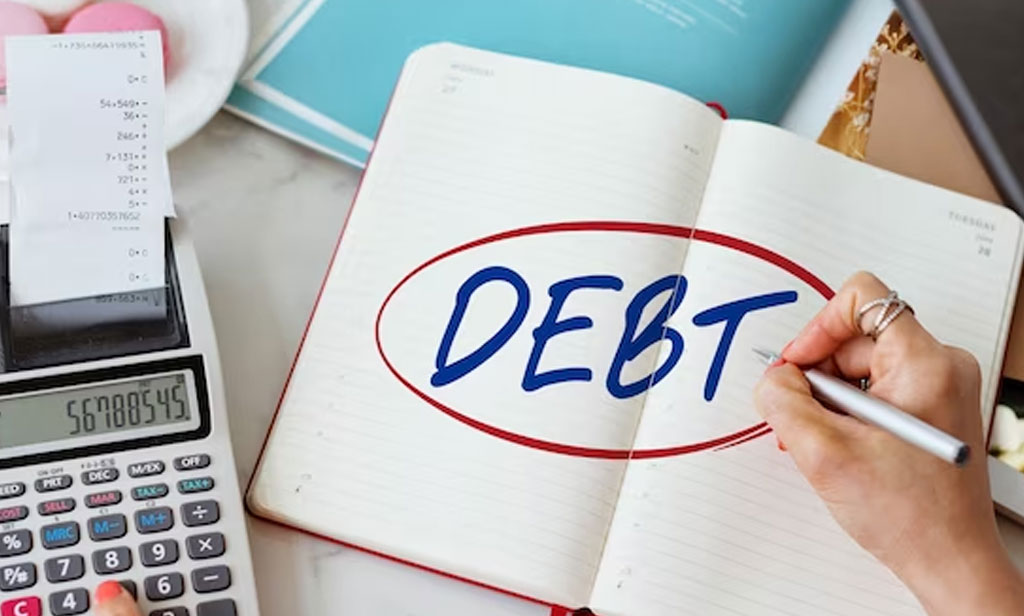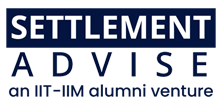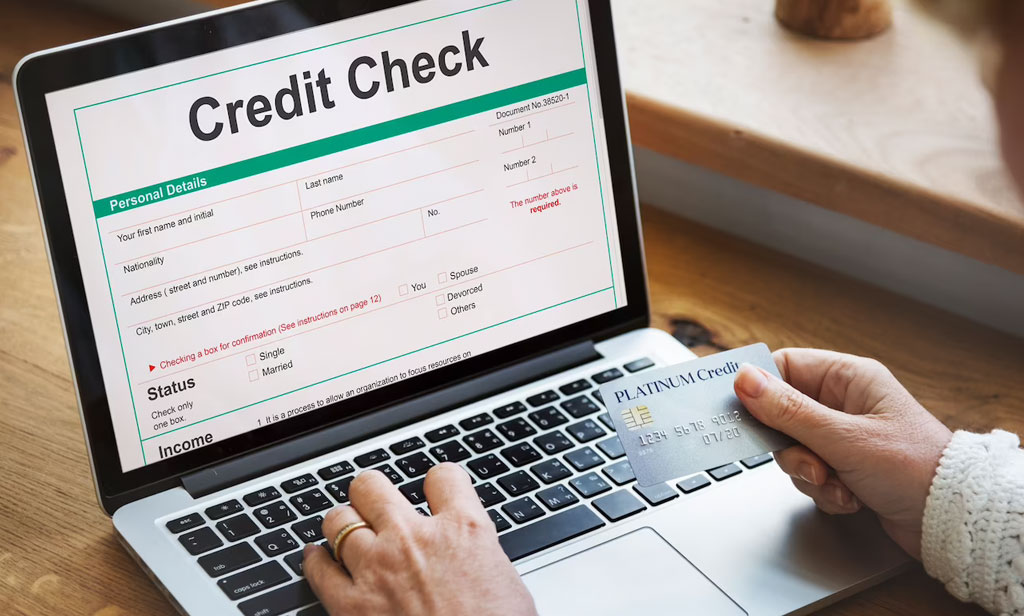· Debt Settlement · 3 min read
Debt Closure: The Path to Financial Freedom
Living with overwhelming debt can feel like being trapped in a financial prison. The burden of unpaid bills and mounting interest can take a toll on your mental and emotional well-being. However, there is hope. By embarking on the journey towards debt closure, you can pave the way to financial freedom. In this blog post, we’ll explore the concept of debt closure and the steps you can take to achieve it.

Introduction
Living with overwhelming debt can feel like being trapped in a financial prison. The burden of unpaid bills and mounting interest can take a toll on your mental and emotional well-being. However, there is hope. By embarking on the journey towards debt closure, you can pave the way to financial freedom. In this blog post, we’ll explore the concept of debt closure and the steps you can take to achieve it.
Debt Closure: What Does It Mean?
Debt closure refers to the process of completely paying off all your debts, thereby freeing yourself from financial obligations. It involves making a concerted effort to eliminate outstanding balances, settle accounts, and regain control of your financial future. Debt closure is not an overnight fix but rather a journey that requires commitment and discipline.
Taking the First Steps
The first step towards debt closure is acknowledging your current financial situation. Take stock of all your debts, including credit card balances, loans, and any outstanding bills. Create a comprehensive list that outlines the total amount owed, interest rates, and minimum monthly payments. This assessment will provide you with a clear picture of your debt landscape.
Creating a Budget and Cutting Expenses
To accelerate the debt closure process, it’s essential to create a realistic budget. Evaluate your income and expenses, distinguishing between needs and wants. Identify areas where you can cut back on discretionary spending and redirect those funds towards debt repayment. Every dollar saved and allocated to debt reduction brings you closer to your goal.
Prioritizing Debt Repayment Strategies
When it comes to debt closure, there are two primary strategies to consider: the snowball method and the avalanche method. The snowball method involves paying off debts starting with the smallest balance first while maintaining minimum payments on other accounts. This approach provides a sense of accomplishment and motivation as smaller debts are eliminated. The avalanche method, on the other hand, focuses on paying off debts with the highest interest rates first. This approach saves money on interest payments in the long run.
Negotiating with Creditors
If your debts have become unmanageable, consider reaching out to your creditors to explore potential debt settlement or repayment plans. Many creditors are willing to work with borrowers to find mutually beneficial solutions. Negotiating reduced interest rates, waiving fees, or creating a structured repayment plan can alleviate some of the financial strain and expedite the debt closure process.
Seeking Professional Guidance
Navigating the complexities of debt closure can be challenging, and it’s okay to seek professional guidance. Credit counselors, financial advisors, and debt relief agencies like settlementadvise.com can provide expert advice tailored to your specific circumstances. They can help you develop a personalized plan, negotiate with creditors, and provide ongoing support and guidance.
Staying Committed and Celebrating Milestones
The journey to debt closure requires perseverance and discipline. Stay committed to your budget, debt repayment strategies, and financial goals. Celebrate milestones along the way, whether it’s paying off a specific debt or reaching a predetermined milestone. Acknowledge your progress and use it as motivation to continue on the path to financial freedom.
Debt closure is not an easy journey, but it is a path that leads to financial freedom and peace of mind. By assessing your debts, creating a budget, prioritizing repayment strategies, and seeking professional guidance when needed, you can gradually eliminate your financial burdens and reclaim control over your life. Remember, every step you take brings you closer to the ultimate goal of debt closure and the liberation it brings.



